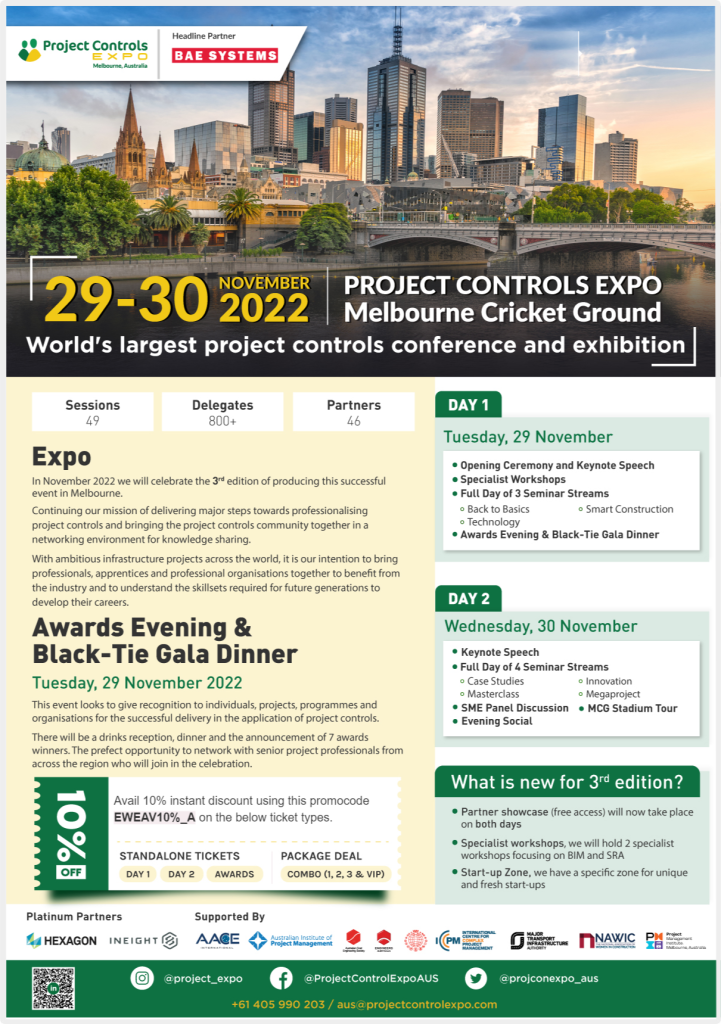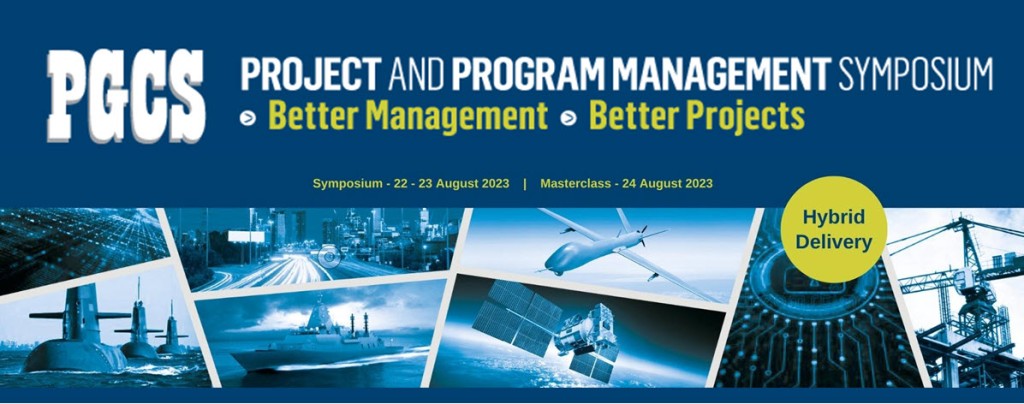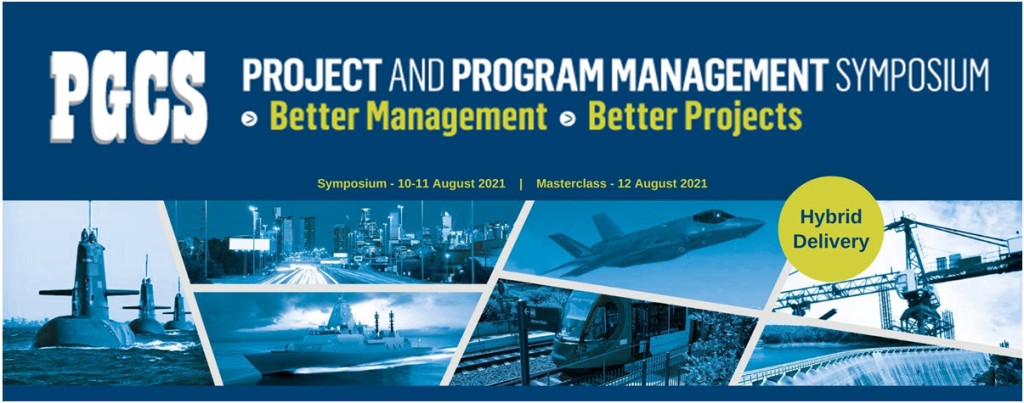
Most people own some land and they, and many projects, need to accurately locate the position of their property lines and facilities, but achieving this is far from straightforward.
One reasonably well-known example of this challenge is the Prime Meridian at Greenwich. This historic meridian is a geographical reference line that is marked on the ground, and passes through the Royal Observatory, in Greenwich, London (the dashed line above). But, the Prime Meridian used by your GPS is the solid line 102 meters to the east. The objective of our latest article is to explain why these are different! It is a long story starting in the third century BCE, that intertwines astronomy, map making, navigation, and time keeping.
Scientific understanding of the shape of the earth has changed from the Ancient Greek assumption it was a sphere, to the modern understanding the earth is a shape-shifting mass that approximates an oblate spheroid. This shift in understanding does not change the relationship between latitude, longitude, and time, but the relentless changes in the earths surfaces do continue to affect map making and surveying. Sometimes the change can be catastrophic – this tree was split in two by the Türkiye Earthquake*. But fortunately, most of the time both the magnitude and rate of change are quite small, but for many applications cannot be ignored.

So, answering the question ‘where in the world are you?’ accurately can be remarkably difficult and will change over time. To find out why download our article: Knowing (exactly) where you are is not that simple!
For more on The Origins of Numbers, Calendars and Calculations see: https://mosaicprojects.com.au/PMKI-ZSY-010.php#Overview
*To do something to help your career, and the Türkiye Earthquake victims, join PM 4 The World for a 24 hour ‘talk around the clock’ webinar bringing together many leading project management practitioners. All donations go straight to UNICEF: https://talk-around-the-clock.com/event-schedule














